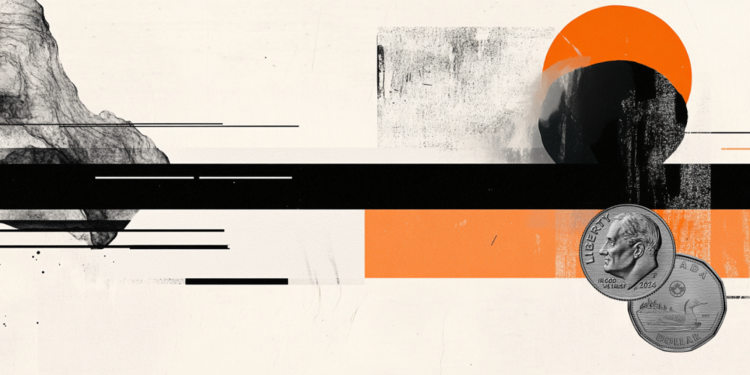Jeremy Hogan noted that in traditional jurisprudence, appeals are filed by the parties after the case has been concluded and a “final decision” has been issued. In this case, after the “final” decision is made, either party has a 60-day window to file objections.
Since the SEC v. Ripple case is still ongoing, any appeals are premature to file and hear as they will be classified as an “interlocutory appeal.”
Hogan emphasized the rarity of “interlocutory appeals”. Usually this happens only if, as a result of the investigation, previously unknown and critical information is revealed. If the New York District Court found the decision moot, it could uphold it for review in the Court of Appeal. However, since this step was not followed, then, Hogan concluded, the chances of a successful appeal by either side of the case are slim.
As for Ripple, Hogan suggested that the company is unlikely to plan to file an appeal, as it can afford to pay a fine, and the court’s decision will not disrupt operations.
Earlier, former SEC official John Reed Stark called it premature to celebrate the victory of Ripple in a lawsuit with the American regulator.
Source: Bits
I am an experienced journalist, writer, and editor with a passion for finance and business news. I have been working in the journalism field for over 6 years, covering a variety of topics from finance to technology. As an author at World Stock Market, I specialize in finance business-related topics.







